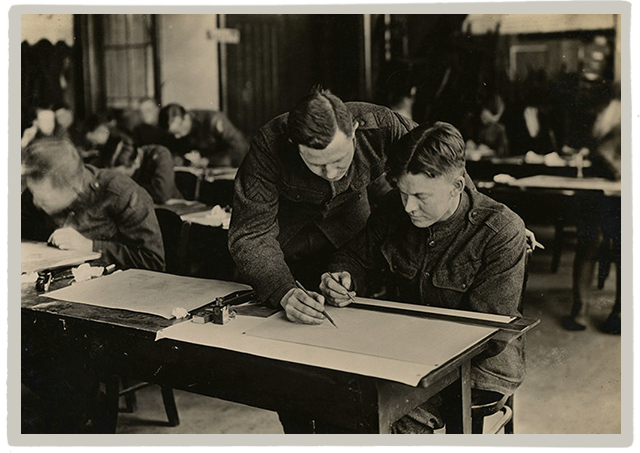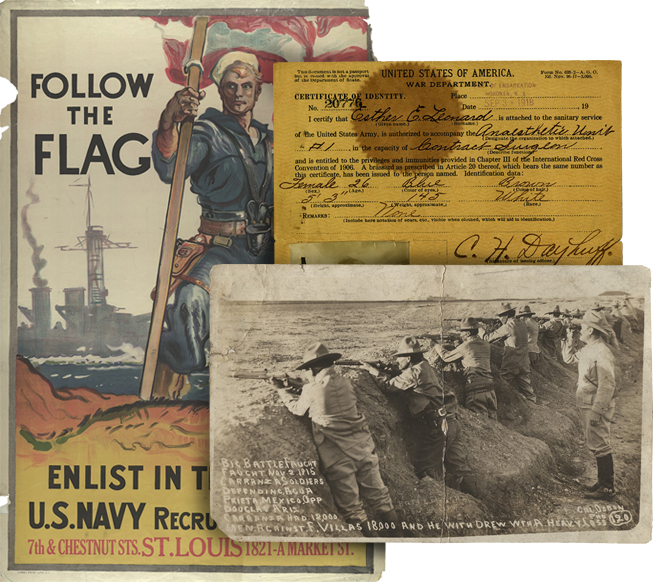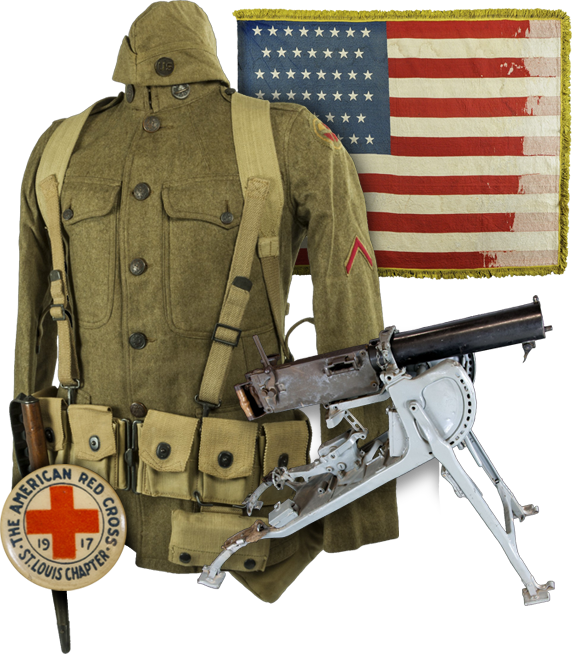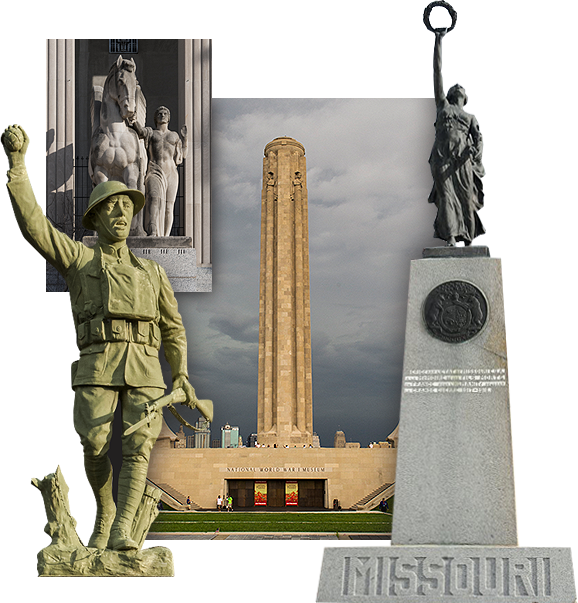Letter from Newton Baker to Mr. Dent - April 17, 1917

Transcript
April 17, 1917 My dear Mr. Dent: I do not know how accurate the account in this morning

Transcript
[Page 2] uncertainty as to their duty, and unagitated by neighborhood pressure or misunderstanding. 3. It starts at the beginning of the accumulation of these new forces, and has none of the character of a penalty which attaches to the draft when it is used after volunteering has been tried and failed. I have studied every report I can secure of the use of the volunteer system abroad and in our own country, and I believe it to be true that in every place where it has been tried, whatever success it has had has been due to a system of compulsions more harassing and almost as drastic as the provisions of a law itself,. Old men and young and old women have united to urge young men to volunteer, appealing to local and State pride, and have enforced their appeal by social ostracisms, by pinning yellow ribbons on the coats of young men, and by epithets and outcries which have finally driven the reluctant into the ranks, and humiliated both the ready and the reluctant by the methods used. Such objection as there has been to the draft has, in nearly all cases, been due to the fact that it came as an exercise of the superior power of the Government after a fruitless appeal to the volunteer spirit. In the countries of Europe where the volunteer system has obtained, those responsible for it were excused because they could not have foreseen at the beginning the results, but we have their experience to guide us, and I believe that those responsible in this country for repeating the costly errors which have been made abroad will not be able to make that explanation. I beg, Mr. Chairman, that you and your associates will realize that I am deeply in earnest in this matter. With the greatest deference to the rights and independence of judgment of your Committee and the House, I still

Transcript
[Page 3] feel obliged as Secretary of War, and therefore your responsible advisor on this subject, to urge the passage of the bill as drawn. This is the greatest war in the history of the world. Our participation in it is as yet undetermined in many of its modes and wholly as to its duration and extent, but we are called upon to inaugurate a system which, in any event or contingency, will place our country in a situation where it can contribute to trained men and the means necessary to bring this war to a conclusion which will mean a vindication of the principles upon which we entered it. We must therefore prepare to array the nation, not by haphazard mean, and (if I may say so without offense) not by volunteering, either of persons or of property, but by an ordered, systematic devotion of every man and every resource of our nation to the task, and this can be done only by placing upon the statute books of the nation a system which assigns to our people each his part according to his strength, and which leads them to forego, in the interest of the common cause, all pride as to method, and preference as to service, allowing the organized agencies of our democratic Government to judge where each can best serve his country. In conclusion, I beg to assure you that I have no alarm on the subject of militarism in American, and particularly no alarm of any such consequence from the pending measure, temporary as it is, and designed for this emergency. Militarism is a philosophy; it is the designation given to a selfish or ambitious political system which uses arms as a means of accomplishing its objects. The mobilization and arming of a democracy in defence of the principles upon which it is founded, and in vindication of the common rights of men in the world, is an entirely different thing, and both the

Transcript
[Page 4] people of the United States and the people of the world will be inspired to see that we are brave enough and far-sighted enough to lay our peace time preferences aside in the interest of that form of common effort which will most certainly and most speedily accomplish our national purpose. If the members of your Committee, prior to a final decision, will permit me, it will give me great pleasure to appear before them again and to urge more at large the convictions which I have here sought to press upon their attention. Respectfully yours, Newton D. Baker Secretary of War. Hon. S. H. Dent, Jr., Chairman, Committee on Military Affairs, House of Representatives.
Details
| Title | Letter from Newton Baker to Mr. Dent - April 17, 1917 |
| Creator | Baker, Newton D. |
| Source | Baker, Newton D. Letter to Mr. Dent. 17 April 1917. Crowder, Enoch H. (1859-1932), Papers, 1884-1942. C1046. The State Historical Society of Missouri, Columbia, MO. |
| Description | Letter from Secretary of War, Newton D. Baker, to the Honorable Mr. Dent. Baker urged Mr. Dent to consider passing the bill that would enact the draft and listed the merits of the draft. This letter is part of a collection compiled by Enoch Herbert Crowder, the Edinburg, Grundy County, Missouri native who served as Judge Advocate General. Crowder devised the Selective Service Act in 1917 which drafted America's forces during World War I. |
| Subject LCSH | Crowder, E. H. (Enoch Herbert), 1859-1932; United States. Army--Recruiting, enlistment, etc.-- World War, 1914-1918; Draft; Baker, Newton, 1871-1937 |
| Subject Local | WWI; World War I; Selective Service Act of 1917 |
| Site Accession Number | C1046 |
| Contributing Institution | The State Historical Society of Missouri |
| Copy Request | Transmission or reproduction of items on these pages beyond that allowed by fair use requires the written permission of the State Historical Society of Missouri: 1020 Lowry Street, Columbia, Missouri, 65201-7298. (573) 882-7083. |
| Rights | The text and images contained in this collection are intended for research and educational use only. Duplication of any of these images for commercial use without express written consent is expressly prohibited. |
| Date Original | April 17, 1917 |
| Language | English |



